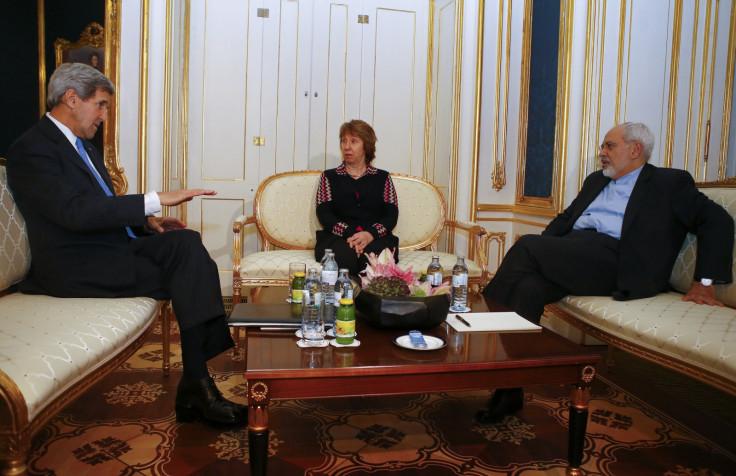Iran and World Powers Racing against Time in Vienna to Clinch Nuclear Deal

Iran and the world powers are racing to seal a nuclear deal in Vienna as the official deadline for an agreement looms.
The US and Germany have insisted that major differences remain between Tehran and the P5+1 group comprising the US, Britain, France, China, Russia and Germany amid hints that the original deadline of 24 November could be extended.
"We're working hard, and we hope we're making careful progress, but we have big gaps, we still have some serious gaps, which we're working to close," US Secretary of State John Kerry said in the Austrian capital.
The six nuclear powers and Iran are involved in hectic negotiations over Tehran's controversial nuclear programme, which the West suspects is a covert plan for making weapons. Iran denies this and insists its nuclear programme is only for peaceful purposes.
On the ongoing discussions, German Foreign Minister Frank-Walker Steinmeier said the talks have reached a "moment of truth" but cautioned: "That must not mask the fact that there is still a big gap between us in many aspects."
Diplomats have also warned it would take several weeks and months to painstakingly implement all the specifics of the agreement, even if reached.
A member of the Iranian negotiating team in Vienna, who did not want to be identified as the talks are in progress, told the Iranian news agency ISNA: "The option of extending the Geneva deal will be on the table, if we do not agree on a comprehensive political deal by the end of Sunday night (local time) in Vienna. We are trying to agree on general issues of the deal including levels of enrichment, number of centrifuges, timeframe of the activities, ways of lifting sanctions, Fordo and Arak activities and etc."
If the Iran nuclear deal is successfully clinched, it is bound to change the dynamics of Middle East politics as it would remove one of the key thorny issues from the turmoil.
© Copyright IBTimes 2024. All rights reserved.






